The basic difference between regular, desktop PCs used in office environments and specialized industrial PCs is the construction.
Industrial PCs are built to be more rugged and reliable with protections from common environmental contaminants such as dust, debris and even water, as well as containing features to minimize effects from shock and vibration. They are also designed to handle extremes in temperature and humidity. PCs housed in such industrial enclosures can easily survive and function in factory environments and other areas where they’re exposed to harsh conditions.
PCs for general or office use are just not designed in the same way and to the same requirements. As a result, the more durable industrial PCs often cost more than regular PCs.
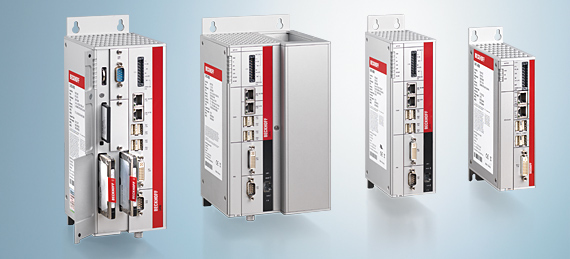
Industrial PCs achieve added ruggedness and durability by design. For instance, on the electronics side, PC board components will have broader temperature ratings. There may also be added protections from electromagnetic interference (EMI) and radio frequency interference (RFI) issues, which could affect signal integrity for data transmission. Even though EMI/RFI is present in an office setting, typically it isn’t as big an issue as a factory floor environment where the presence of electric motors and other sources of electrical noise makes EMI/RFI much more of a concern, warranting countermeasures such as special shielding and gasketing.
Other design touches can include heavy duty or sealed connectors to go along with more rugged enclosures made from heavier, thicker metal. Some industrial PCs also feature added cooling methods to eliminate heat from enclosures or even special air filtering.

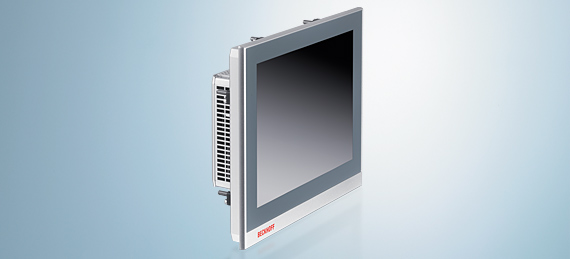
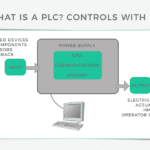
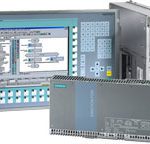

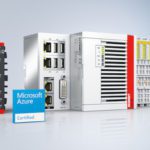

Leave a Reply
You must be logged in to post a comment.